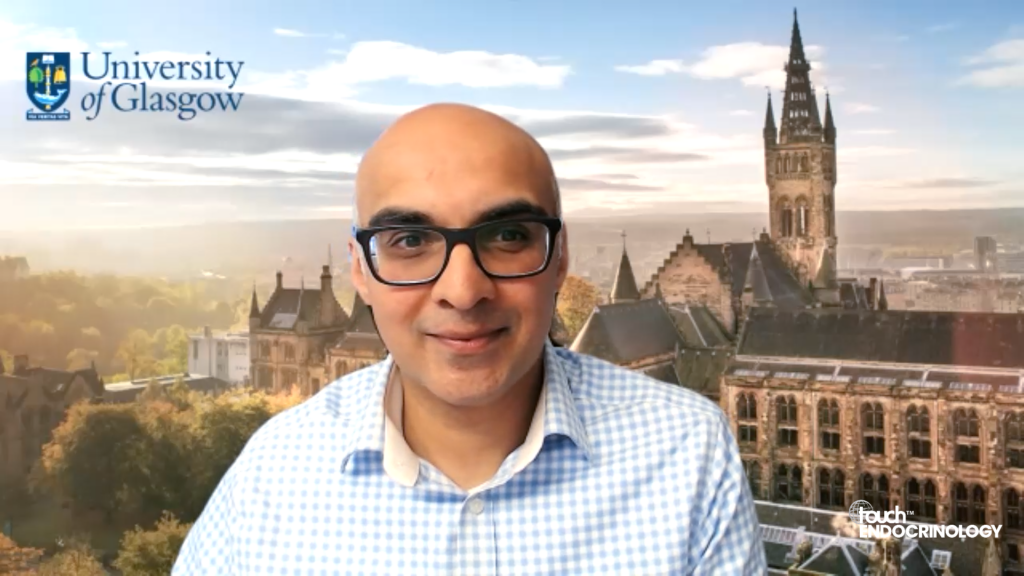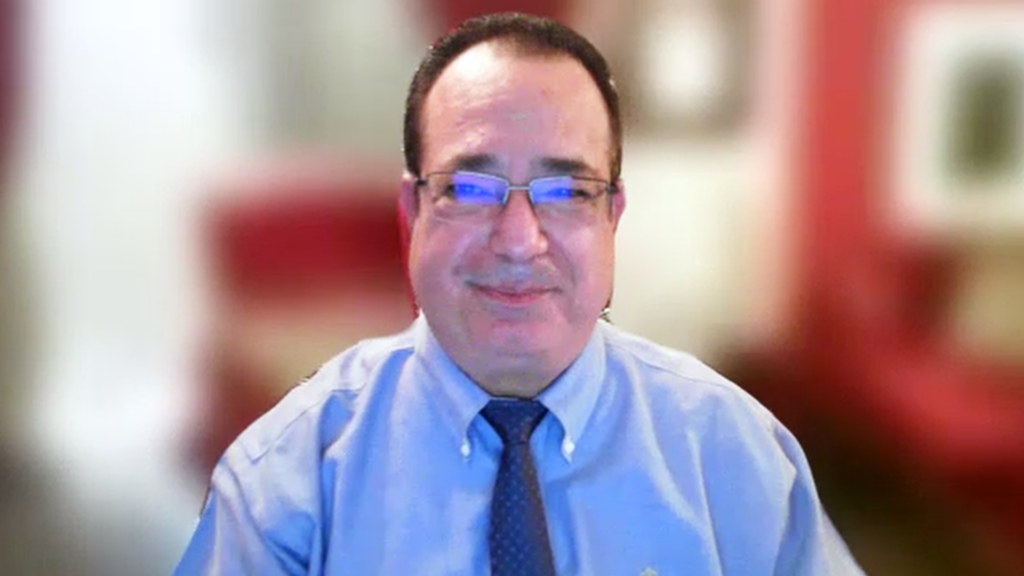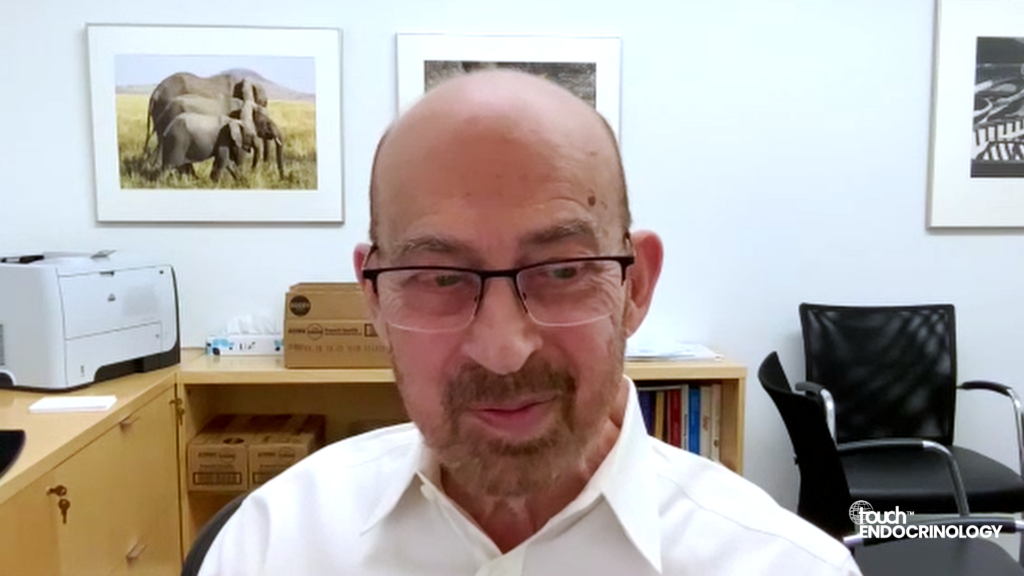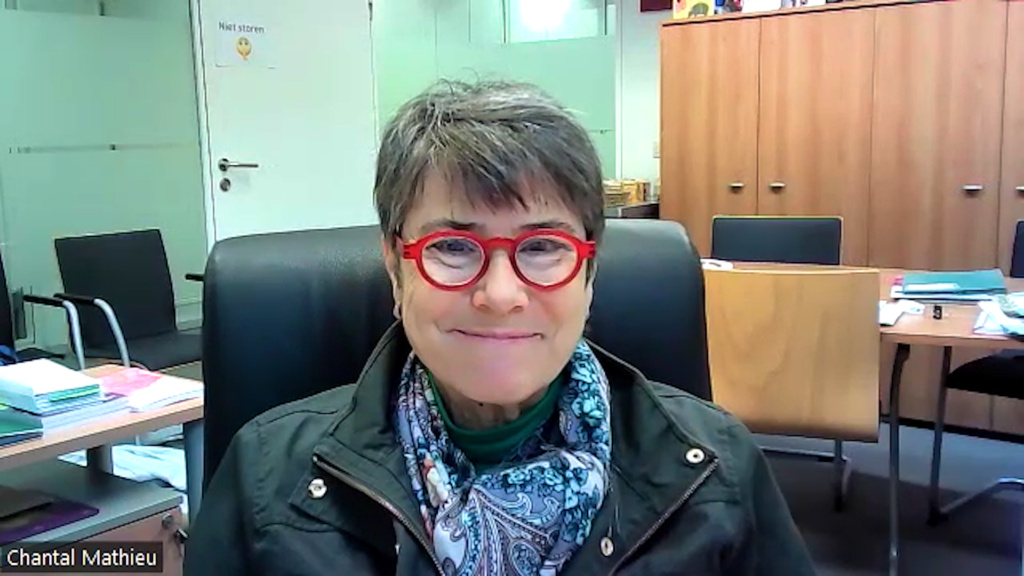Fear of hypoglycaemia (FOH) is defined as an excessive fear of low blood sugar, leading to a negative impact on a person’s diabetes management, their behaviour and their quality of life. Fear of hypoglycaemia has been assessed as an independent risk factor for lower overall health status and deterioration in mental and physical health.1
In patients with type 1 diabetes, FOH has been shown to increase glycaemic variability and contribute to meaningfully greater calorie intake and lower physical activity levels.2 Common in both men (44%) and women (63%), FOH has an impact on self-management and consequently leads to worse control as assessed by self-monitoring of blood glucose (SMBG).3
There is evidence of FOH in patients with type 2 diabetes also, with people reporting increasingly severe FOH with greater incidence of hypoglycaemic events. Associations have been presented between FOH and diminished adherence to diet, along with reduced compliance to taking medications as directed. A FOH also limits physicians’ ability to take an aggressive approach to drug therapy, including initiating insulin when required.4
At the recent American Association of Diabetes Educators (AADE) 2019 meeting, practice providers shared best practice in managing FOH in patients and expanded into practical advice on managing hypoglycaemic events.5,6
It is important to understand the root causes of a patient’s FOH; whether based upon past hypoglycaemic events, or on more nebulous reasons, such as: beliefs about hypoglycaemia, unawareness of how hypoglycaemia works, or a history of anxiety or panic disorders. In practice, asking open-ended questions is advised, as well as listening for cues that may reveal how the patient has developed their FOH.5 There are several formal assessment tools available to help understand and quantify FOH in both children (the Hypoglycemia Fear Survey-Parents of Young Children [HFS-PYC] and the Children’s Hypoglycemia Fear Survey [CHFS]) and in adults (the Hypoglycemia Fear Survey-II [HFS-II] and the Fear of Hypoglycemia 15-item Scale [FH-15]).
Providing education is essential – healthcare practitioners can empower people to recognise that they are able to deal with hypoglycaemia, by teaching them what to expect and how to respond to an episode. Physicians should consider challenging a patient’s beliefs about hypoglycaemia, because people often have inaccurate basis for their fears and uncertainties.5 Reframing these beliefs can help a patient be more realistic about the challenges they face, and how to overcome them. It was also suggested that some patients may benefit from a controlled exposure to low blood sugar, helping them recognise the symptoms and experience the subsequent effect of treatment – essentially making the ‘unknown’ a ‘known’. Because FOH can have such a significant effect on treatment selection, compliance, health status and well-being, it can be beneficial to refer a patient with persistent, severe FOH to a mental health specialist.5
Avoidance of hypoglycaemia is key in all patients with diabetes, and this can often be helped with proactive discussion during meetings with the patient. It is useful for the patient to describe how low their blood sugar level is when they feel symptoms, along with how they treat mild hypoglycaemia and what precautions they keep with them in case of a more severe episode. In patients with SMBG or constant monitoring it is ideal to routinely check how many times they have measure blood glucose at lower than 70 mg/dL in the past 2 weeks.6
Patients (and their carers, as appropriate) should be reminded of the ‘Rule of 15’:6
- Treat with 15–20 g of glucose (120 mL fruit juice, 3–5 glucose tablets)
- Wait 15 minutes and test glucose again
- Take an additional 15 g of glucose if hypoglycaemia continues
- If slow to respond, hold simple glucose in mouth for buccal absorption
- This can be repeated up to three times before medical assistance is required
- Normalisation should be followed by a snack, with protein, if the next meal is more than one hour away
While the risks of hypoglycaemia are understood, there is less appreciation of FOH and the meaningful impact that it has on a patient’s approach to treatment. Regular, proactive and supportive dialogue around all aspects of hypoglycaemia are essential to contextualise and address FOH and help reduce overall incidence of hypoglycaemia.
References
- Shi L, Shao H, Zhao Y, et al. Is hypoglycemia fear independently associated with health-related quality of life? Health Qual Life Outcomes. 2014;12:167.
- Martyn-Nemeth P, Quinn L, Penckofer S, et al. Fear of hypoglycemia: influence on glycemic variability and self-management behavior in young adults with type 1 diabetes. J Diabetes Complications. 2017;31:735–41.
- Ahola AJ, Saraheimo M, Freese R, et al. Fear of hypoglycaemia and self-management in type 1 diabetes. J Clin Transl Endocrinol. 2016;4:13–18.
- Amiel SA, Dixon T, Mann R, et al. Hypoglycaemia in type 2 diabetes. Diabet Med. 2008;25: 45–54.
- Heyman M. Strategies to help people overcome fear of hypoglycemia. American Association of Diabetes Educators (AADE), Houston, Texas, USA; 09–12 August 2019. Presentation D05b.
- Hinnen D & Isaacs D. Real world strategies to reduce and treat hypoglycemia. American Association of Diabetes Educators (AADE), Houston, Texas, USA; 09–12 August 2019. Presentation D05a.













